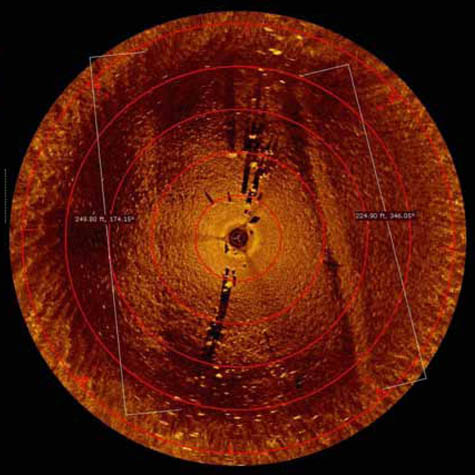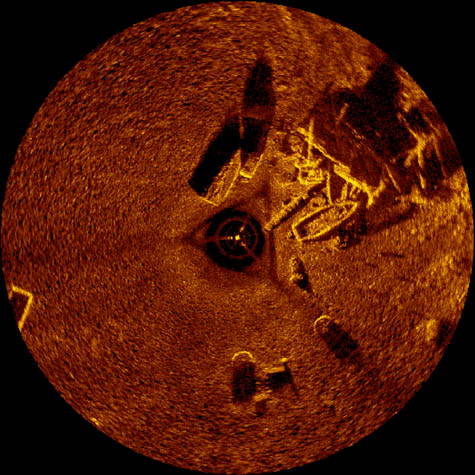Blessed are those who die in the Lord;
They may rest from their labor
For their deeds follow them.
Revelation 14.13
I hate sermons at funerals; yet I find myself in the ironic position of having to deliver one.
With whatever strength was left to him at the end, Randy asked me to tell you about Jesus. He had Faith like a Vice, and he believed that the God who ennobled him to face death, fight cancer, and love until he expired was present and active in this world.
And that God loved you.
But Love is a concept too frequently removed from our lives…because there is so much heartache in this world, so much sorrow.
Much of this heartache revolves around the fact that we don’t know who we are. We don’t know where we come from. We have lost ourselves.
But I know you are. I know what you are. And Randy has asked me to remind you that we are all fundamentally spiritual people.
We are spiritual – whether or not we want to be, or choose to be, or pretend not to be.
We are made in the image of God. The Hebrew word here means “shadow.”
We are God’s shadows.
We are not made to keep rules and make rules. We are not made to judge. We are made to love.
We were made to be whole – but we have broken ourselves and scattered ourselves and become a hateful, proud and religious people.
And so we live and move and find ourselves cut adrift from our worth in this world. We are often lost and confused, hurting broken and sad.
And so, as a partial remedy, I’d like to tell you a story – the story of God and this world.
It begins with God, who is three in one. It begins with oneness and this one god creates our world and puts us in it in His image, puts us in it whole.
Just like He is one, we are made whole; we are made one.
Yet through our selfishness, our pride, our preference for pleasure placed over our desire for Love, we destroy that oneness. We tarnish the image of God. We diminish it and oneness is compromised.
The whole story of the First Testament is of the people of God coming to terms with their brokenness and isolation. They are ashamed and shattered and they have no sense of who they are. When they recapture that sense, they lose it again quickly.
The story of Jesus Christ, the true story of the one god coming into the one world, is a story inviting us back into our true selves – our whole selves, ourselves as shadows of God. Jesus prayed, “Just as I and the Father are one, I pray that you would be one in me as I am in Him.”
We are in the middle of the story and we find ourselves now in the tension of knowing we were made whole but are not now One.
So what is the problem? What is the source of our brokenness? Of our lack of identity?
Sin.
And what is sin?
Sin is distortion in any direction – God, self, others, world.
Sin is the breaking of relationship.
How do we get rid of sin? How do we make things right? How do we become whole?
For starters, the ultimate healing for sin is found in the ultimate relationship – a relationship with the God of the Universe. Sin is so powerful, it requires a greater might to exhaust it.
So we go right to the top.
God – the being above whom there is none other - has power to defeat sin. You need that power. You need God. God is only met through Jesus Christ, His Son. There may, it has been said, be many paths to Jesus Christ…but Jesus is the only true pathway to God.
Get God. Get Jesus. Get rid of sin.
And then what? Once I’ve stapled myself to God…is sin taken care of? Will there be no further distortion? No more pain?
There will be more pain. Sin persists.
In order to live well, to live as your true self – shadowing God – you’ve got to start paying attention.
Randy was adamant that God was speaking to each of us in every moment…and he was right. God is speaking to you directly…but you must quiet yourself in order to hear him. You must lower the ambient noise level of your life and open yourself to His Spirit.
You need to pay attention.
Our spiritual life is comprised of attentiveness. You may be religious because of what you know, but you are only Spiritual because of who you listen to.
We are what we do with our attention.
And – in this world of remarkable information and media – it can be so hard to pay attention to anything.
Which is why we pray. Prayer is paying attention.
Prayer is simple, easy, and sometimes even silly. It is conversation with God. But that conversation changes us. It transforms us. It reminds us that we are spiritual people, that we are designed to shadow God in this world, and that our true identity is not found in numbers and achievements, but in relationship – with God, self, others, and the world.
Pay attention.
Pray.
Pay attention to God, who is calling you to live differently than you are now.
Pay attention to the nudges and nuances, the shifts and shades of His Spirit as He leads you into a better life – a more adventurous, fuller, richer existence.
Pay attention.
And if you don’t always understand what you’re seeing or hearing or thinking…then read the Bible – it is the decoder ring for spirituality; or speak with others – in spiritual conversation and friendship, together uncovering the magic of who God is calling you to be.
Because if you want to have meaning in this life, you’ve got to discover who you really are. You have to recover your true self – as a shadow of God, designed to go where he goes and move when he moves.
And the only way to do that is to listen, to pay attention, to devote yourself to the hospitality of the Spirit.
To help people in this regard, Randy (while he was on staff at the Winds) spend some time crafting a creed for our people, and for those in Jackson who would endeavor to follow Christ. At the time, we had taken it as our missional emphasis to focus on community – turning our “I’s” into “WE’s” so to speak. So this is the WE Creed.
As an act of unity and a declaration of our intention to follow Jesus, I’d like us to recite the WE Creed together today.
I give myself to the JOURNEY of knowing and FOLLOWING Jesus and his way
to seeking the truth of the scriptures
to locking arms with the PEOPLE of Westwinds
to responding to the movement of GOD in and around me
to loving and sacrificing for others
that all may experience the full life
God DESIRES for his creation.




 [Image: The stones beneath Lake Michigan; view
[Image: The stones beneath Lake Michigan; view  [Image: The "junk pile" of old cars and boat skeletons; view
[Image: The "junk pile" of old cars and boat skeletons; view  [Image: The stones; view
[Image: The stones; view 







